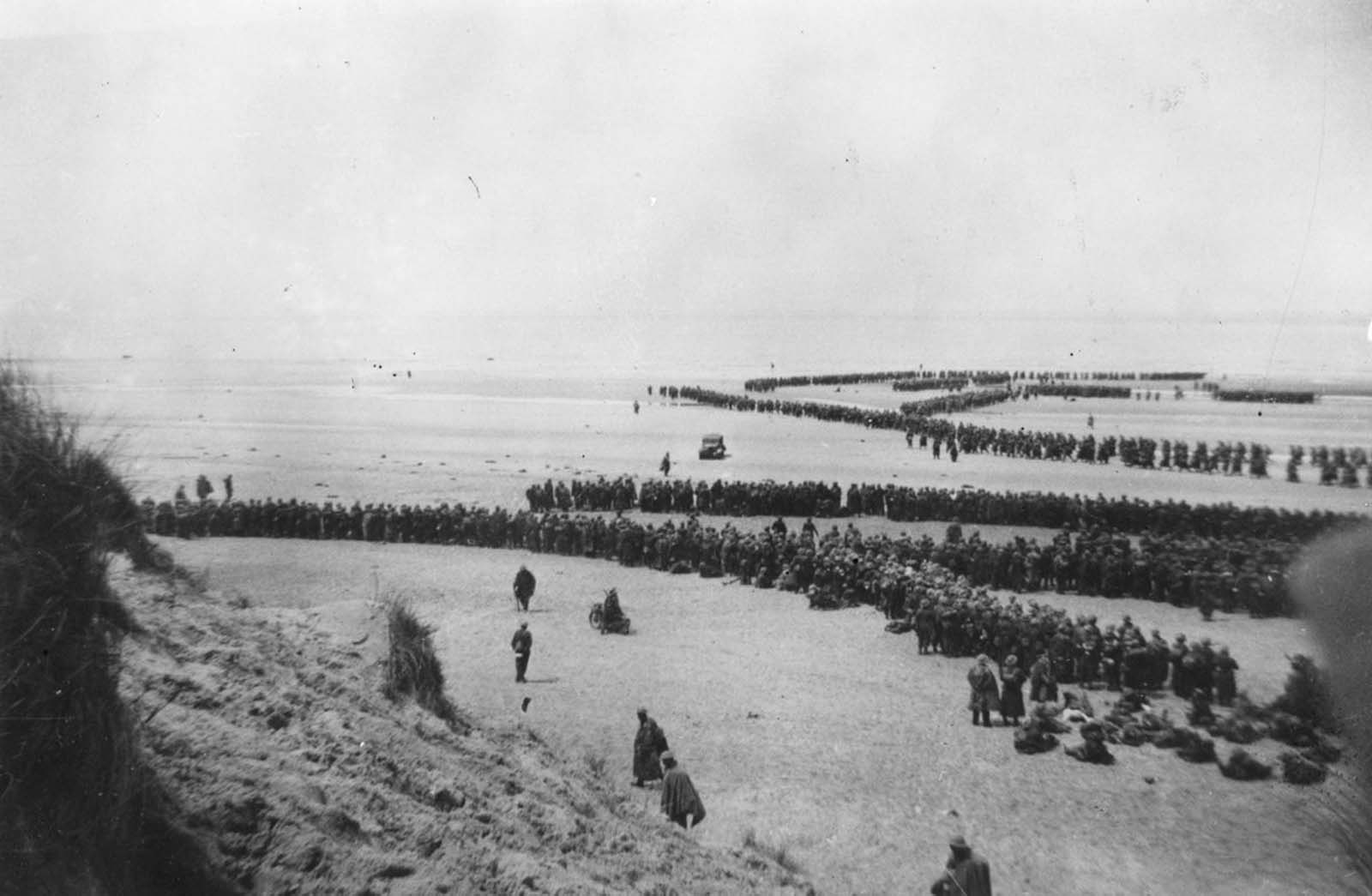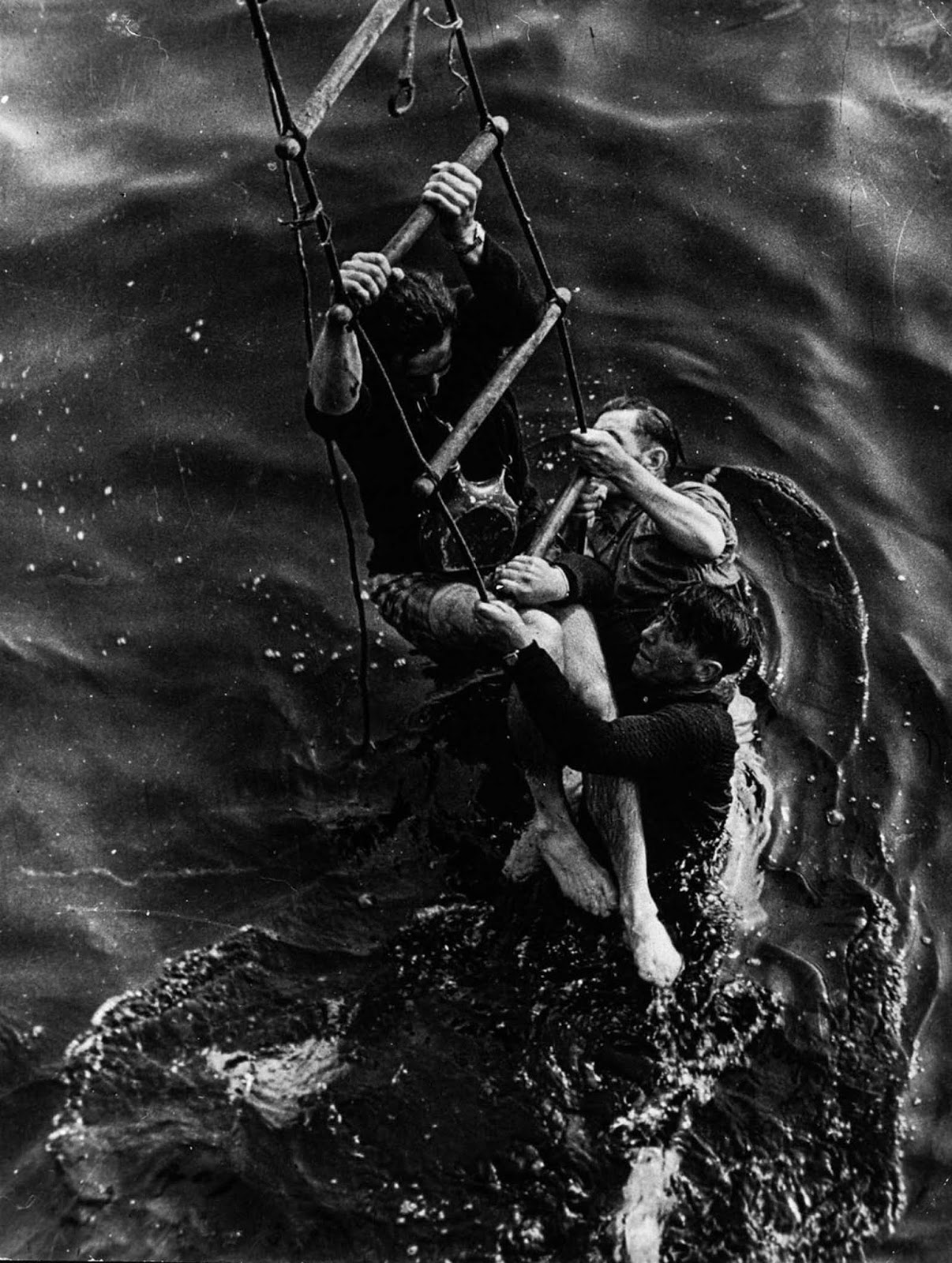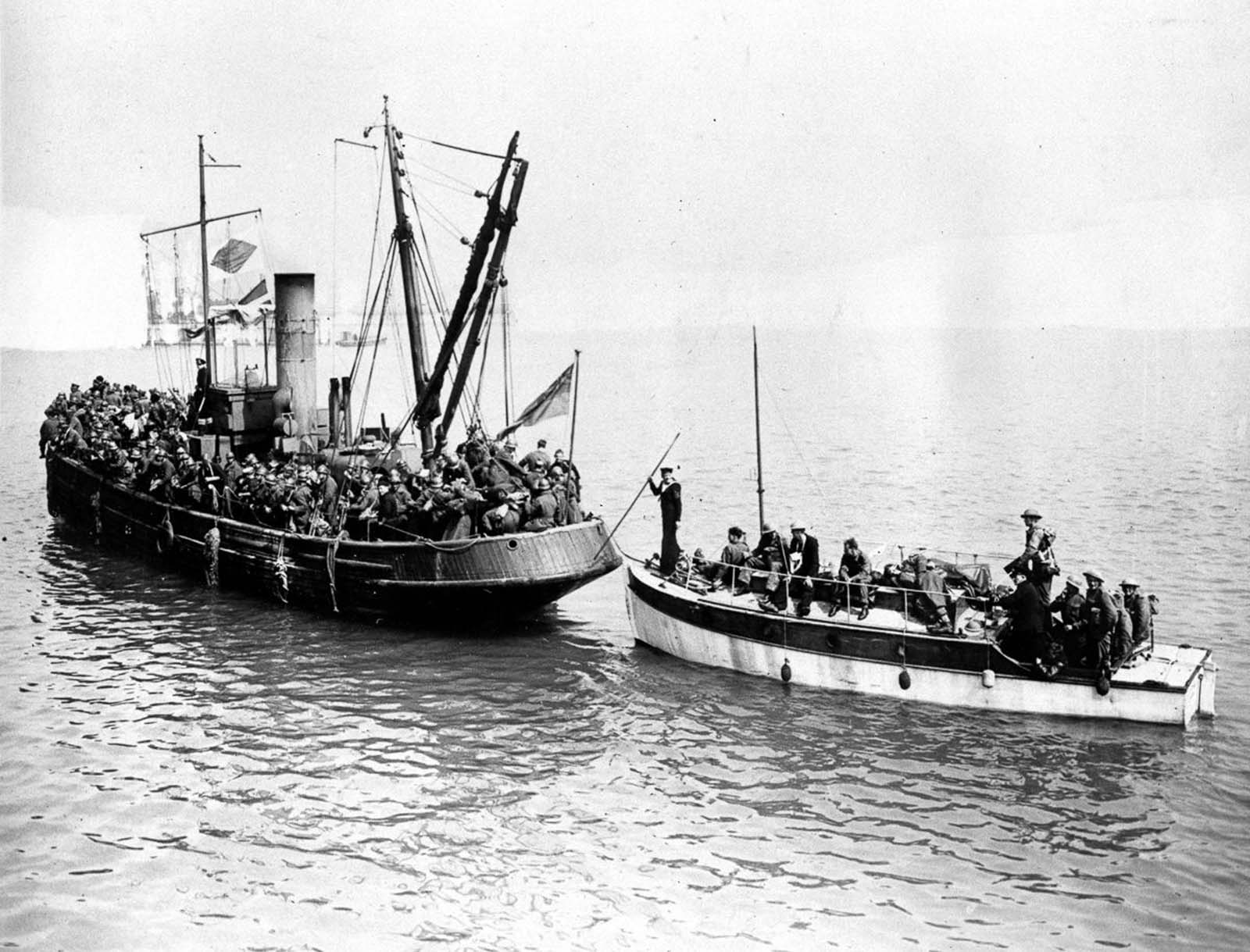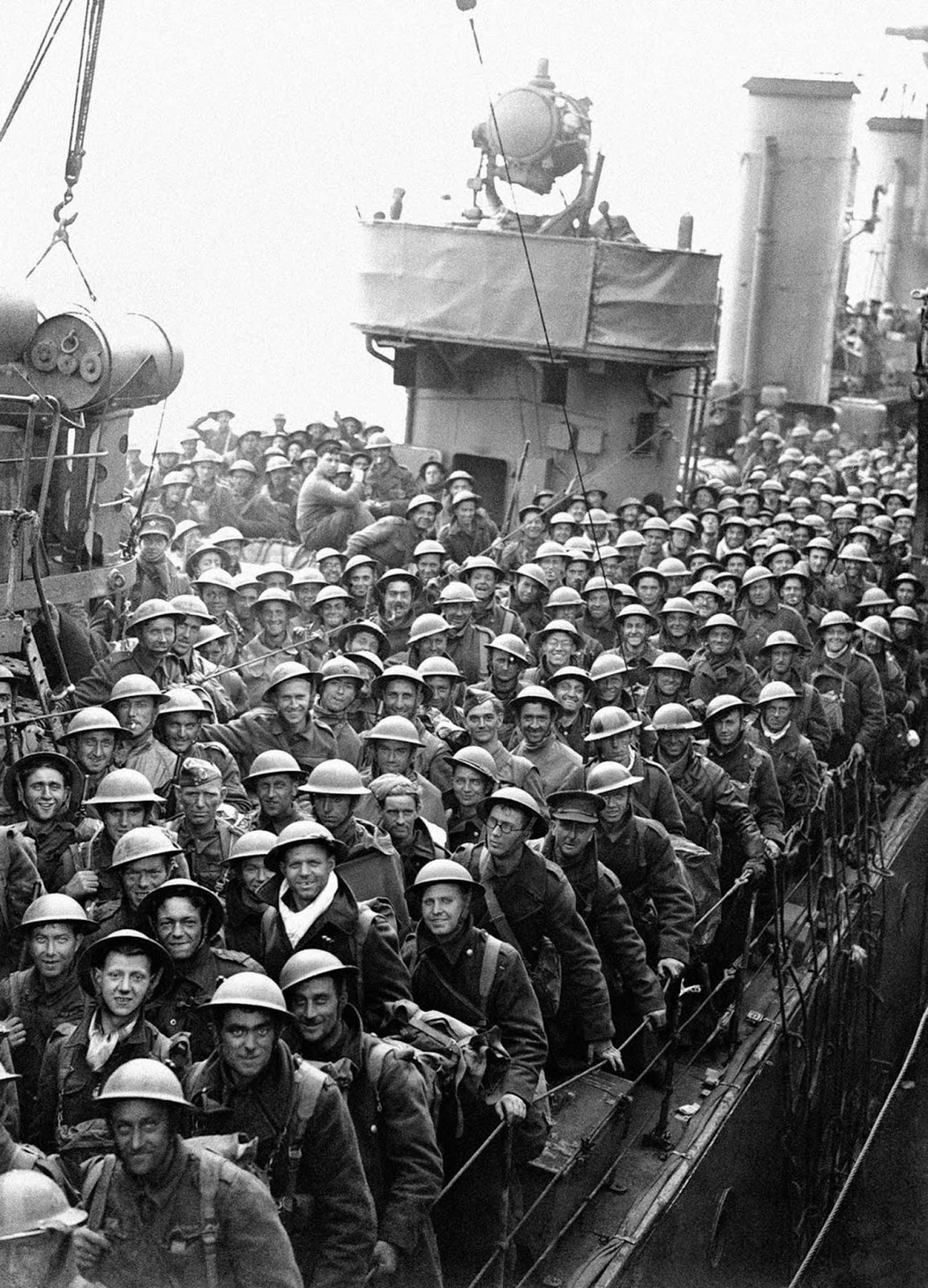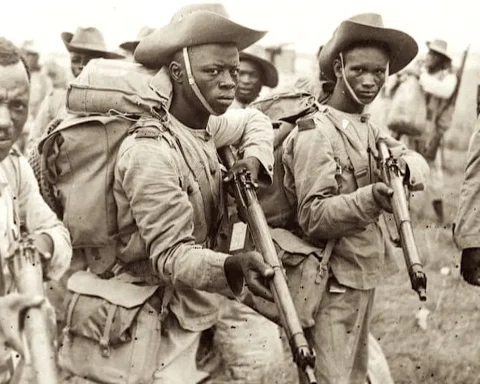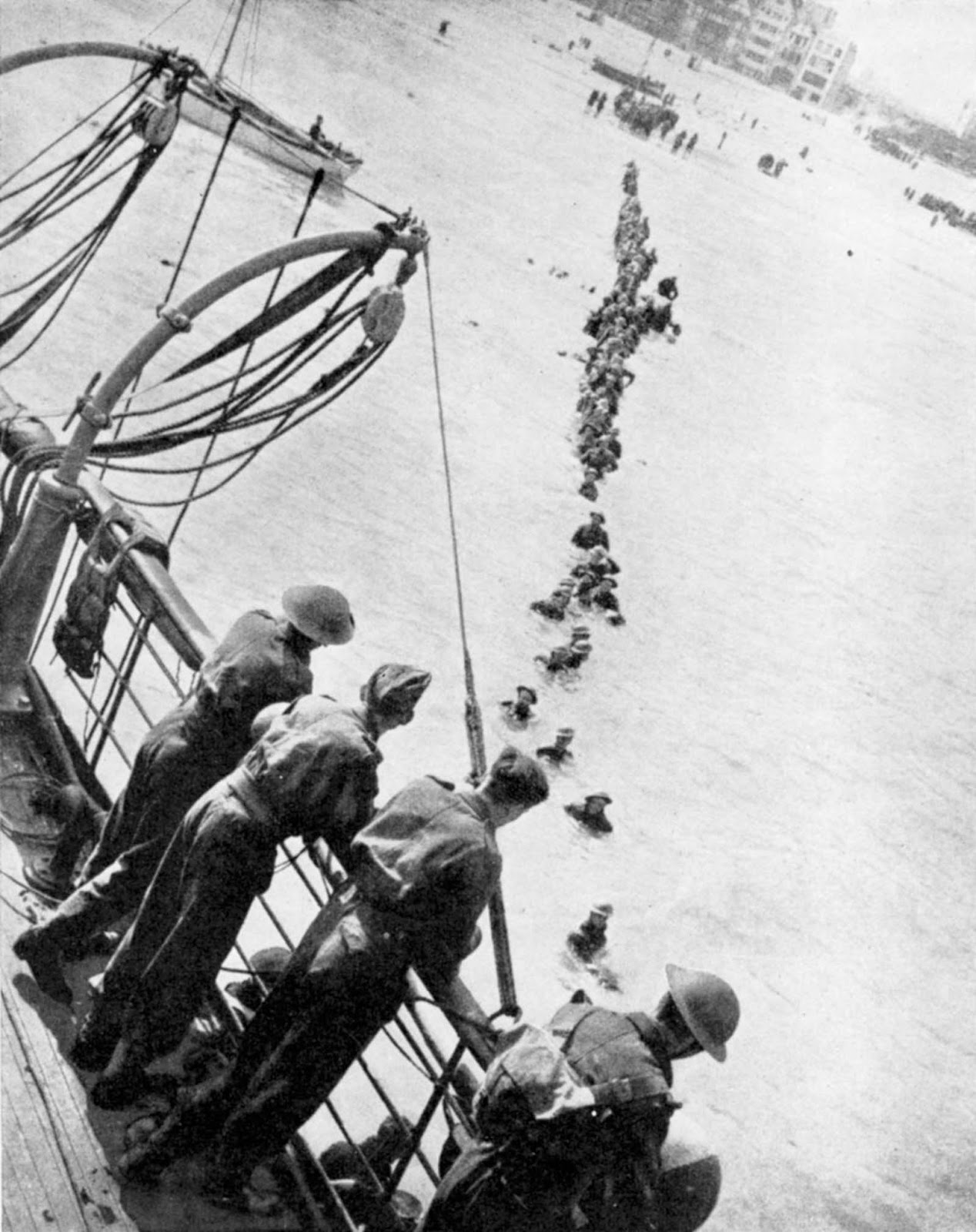
Out of the numerous evacuations of Belgian, French and British troops from Northern France after the Allied loss of the Battle of France, Dunkirk was the largest evacuation.
During the evacuation, not less than 330,000 men were moved from Dunkirk and the beaches surrounding them to the UK.
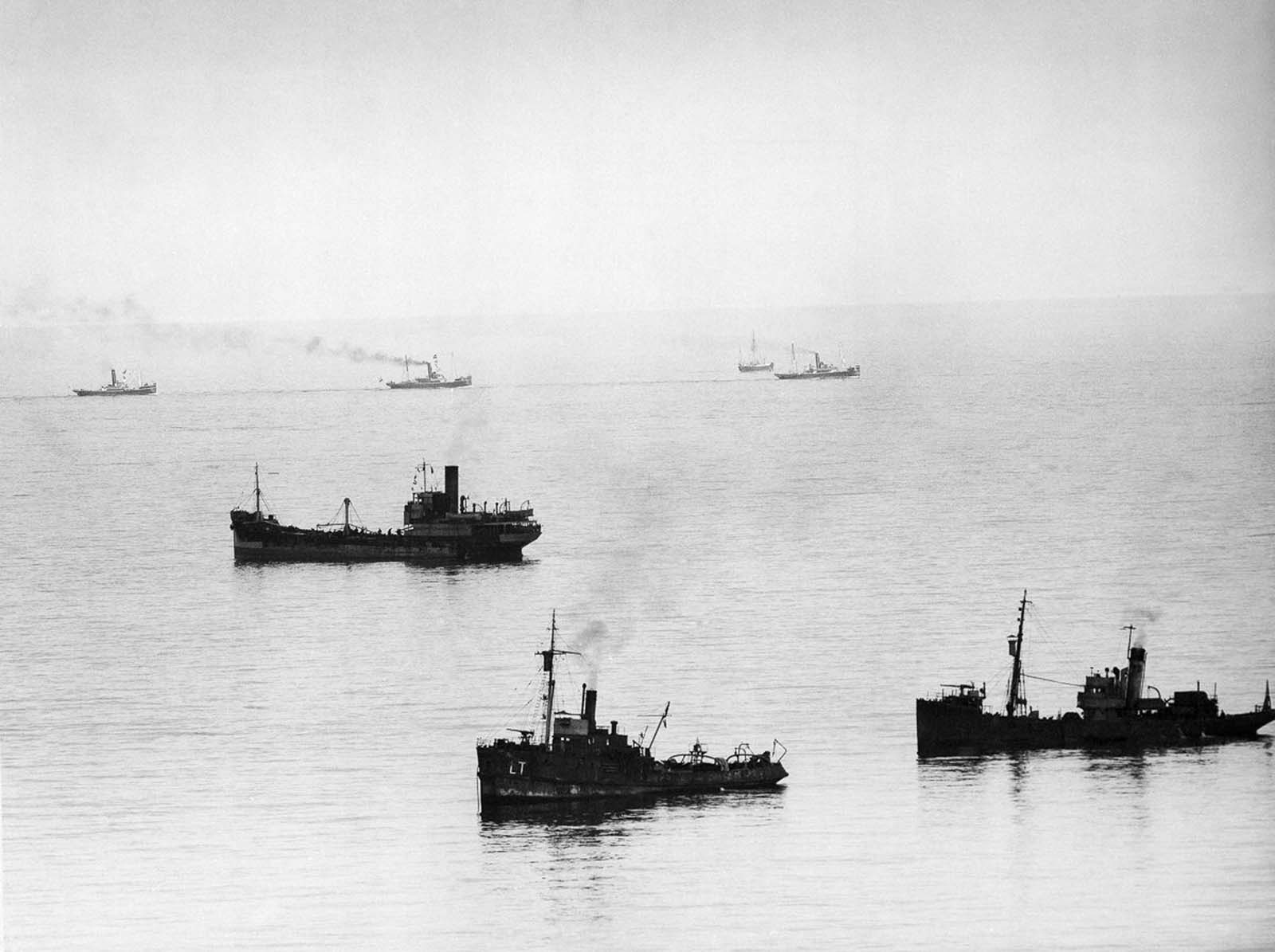
The operation has become a popular legend in Great Britain. This was a result of the contribution of numerous small boats (especially power boats, fishing boats and pleasure cruisers) managed by civilians.
They helped in carrying the troops from the beaches to the ships waiting offshore. The media followed them taking pictures so as to boost the morale of the people after the loss of France.
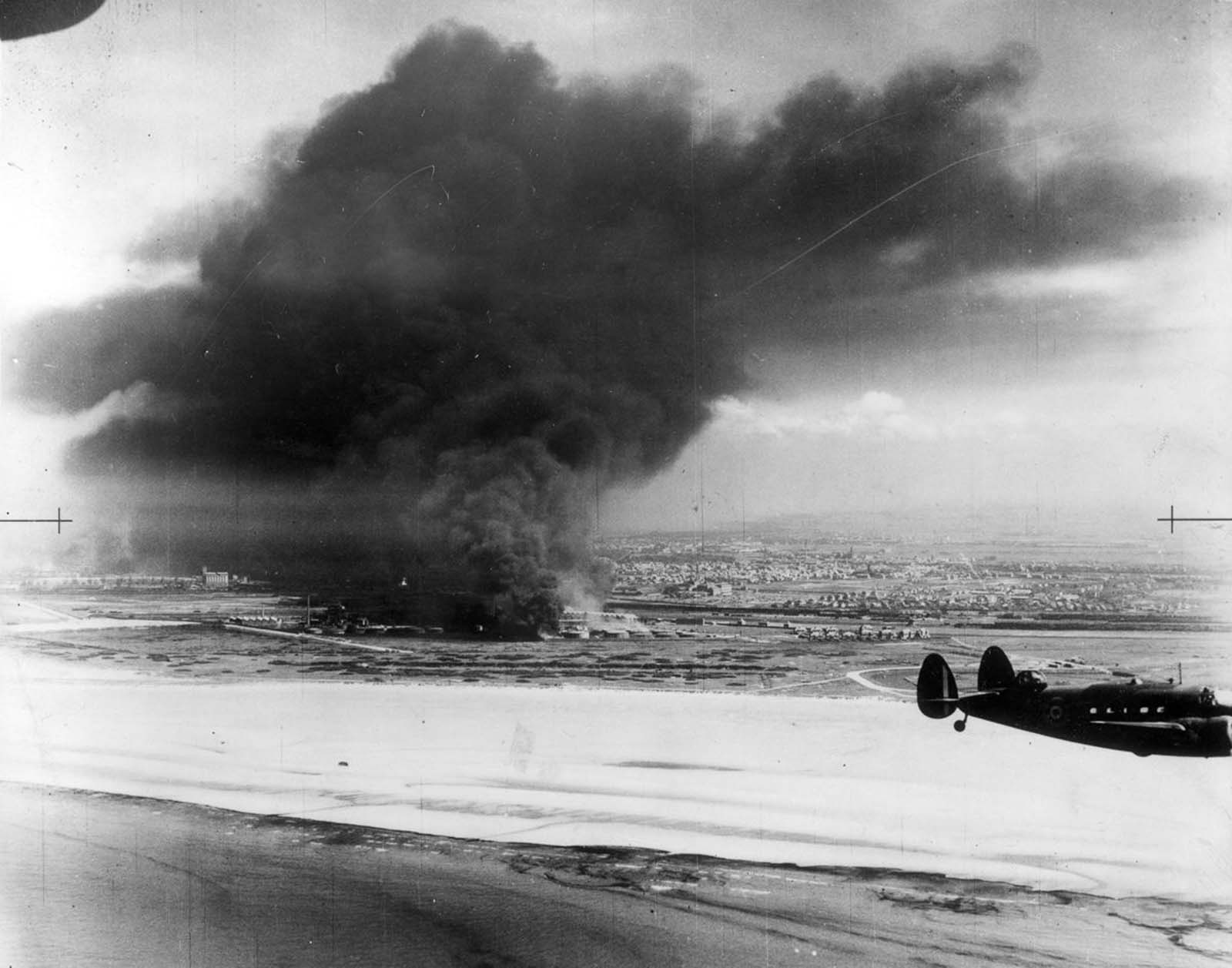
The British Expeditionary Force (BEF) had been deployed in September 1939 to France. They partnered with the French army’s mobile forces at the Belgian border.
The Allies made the mistake of not guarding the hills and woods of the Ardennes as it was regarded as poor terrain for attacks and so they defended it poorly. They did so to ensure the French force in Belgium could be as strong as possible.
SEE ALSO: Old Photos Capture The Edwardian Beach Style That Was Elegant But Confining, 1906
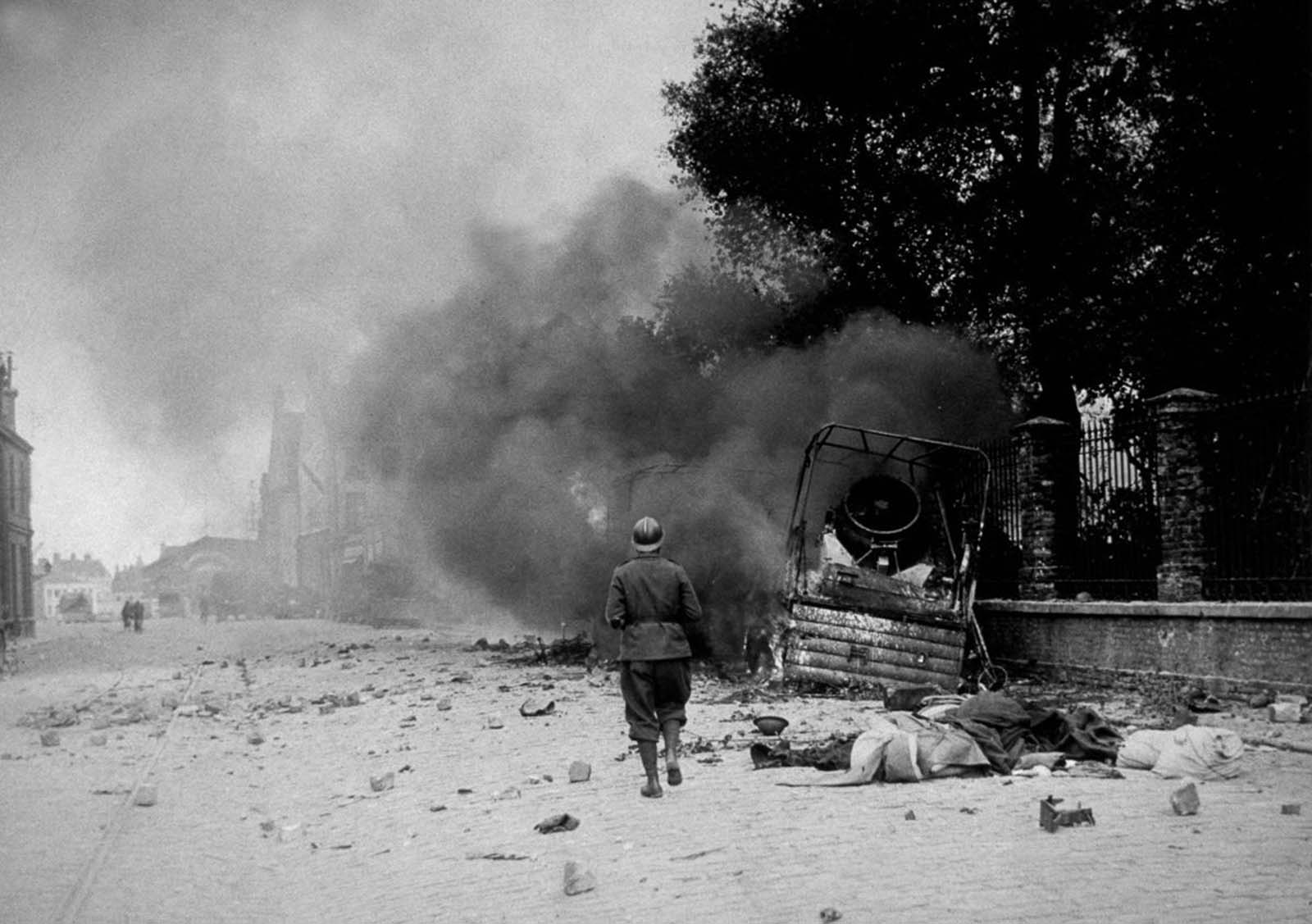
The Germans, however, had reached the sea near Abbeville, trapping the Allied First Army Group in Belgium and the Pas de Calais by the 20th. The Allies tried numerous times to break out but it was not possible.
Dunkirk was the only port that the Allied pocket could be equipped or vacated. While the Germans made plans to attack it, on the 24th, an order was given to halt. This order was given so the Germans could consolidate logistics.
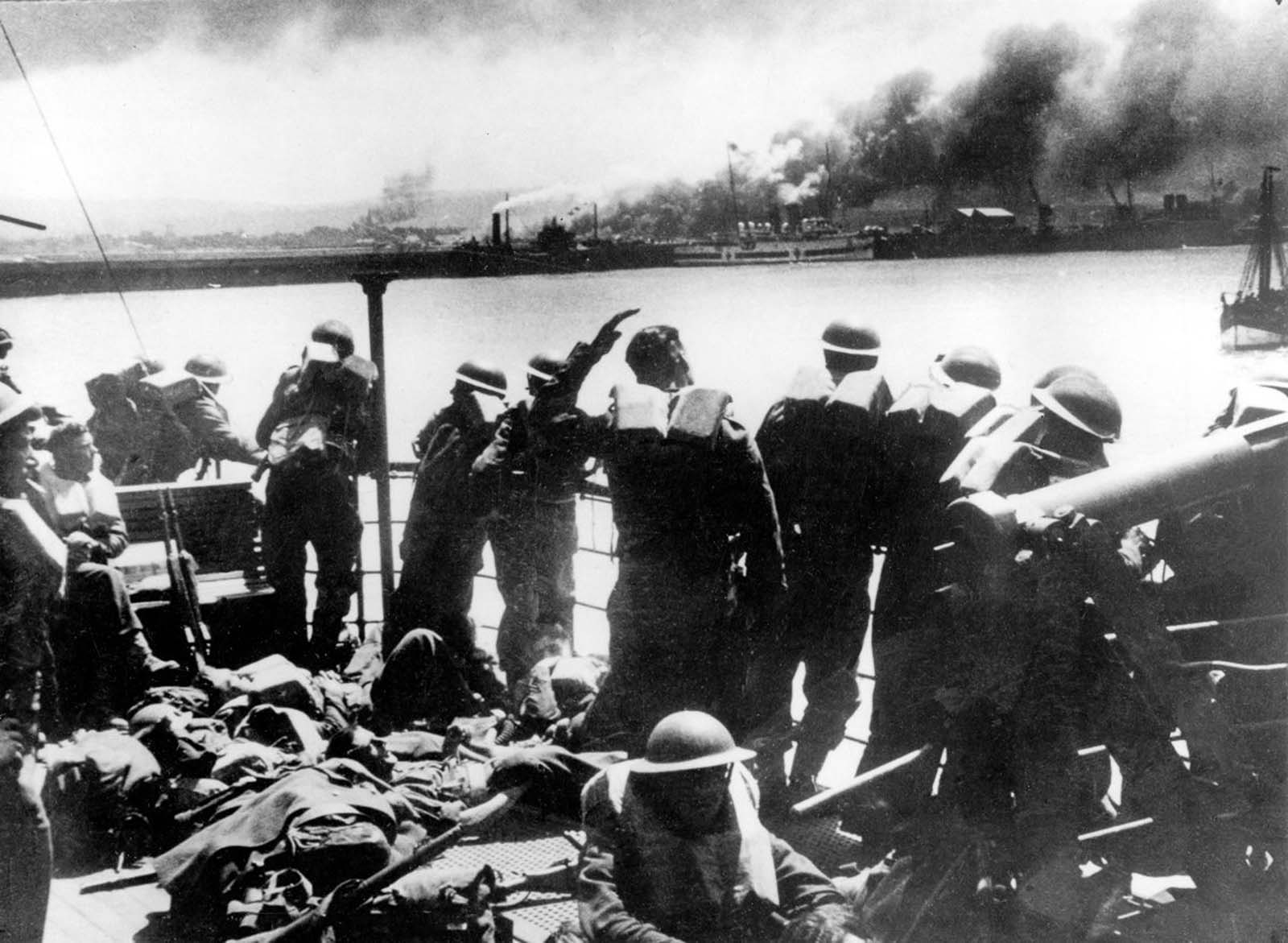
The Germans put up coastal batteries covering part of the main route between Dunkirk and Dover, meaning that transports had to take a longer route. This didn’t stop sailings; rather, they increased.
Attempts were made for evacuations and despite how long it took, by the fourth, most of the British and French troops had been evacuated. The Germans, however, captured large amounts of equipment and materials.
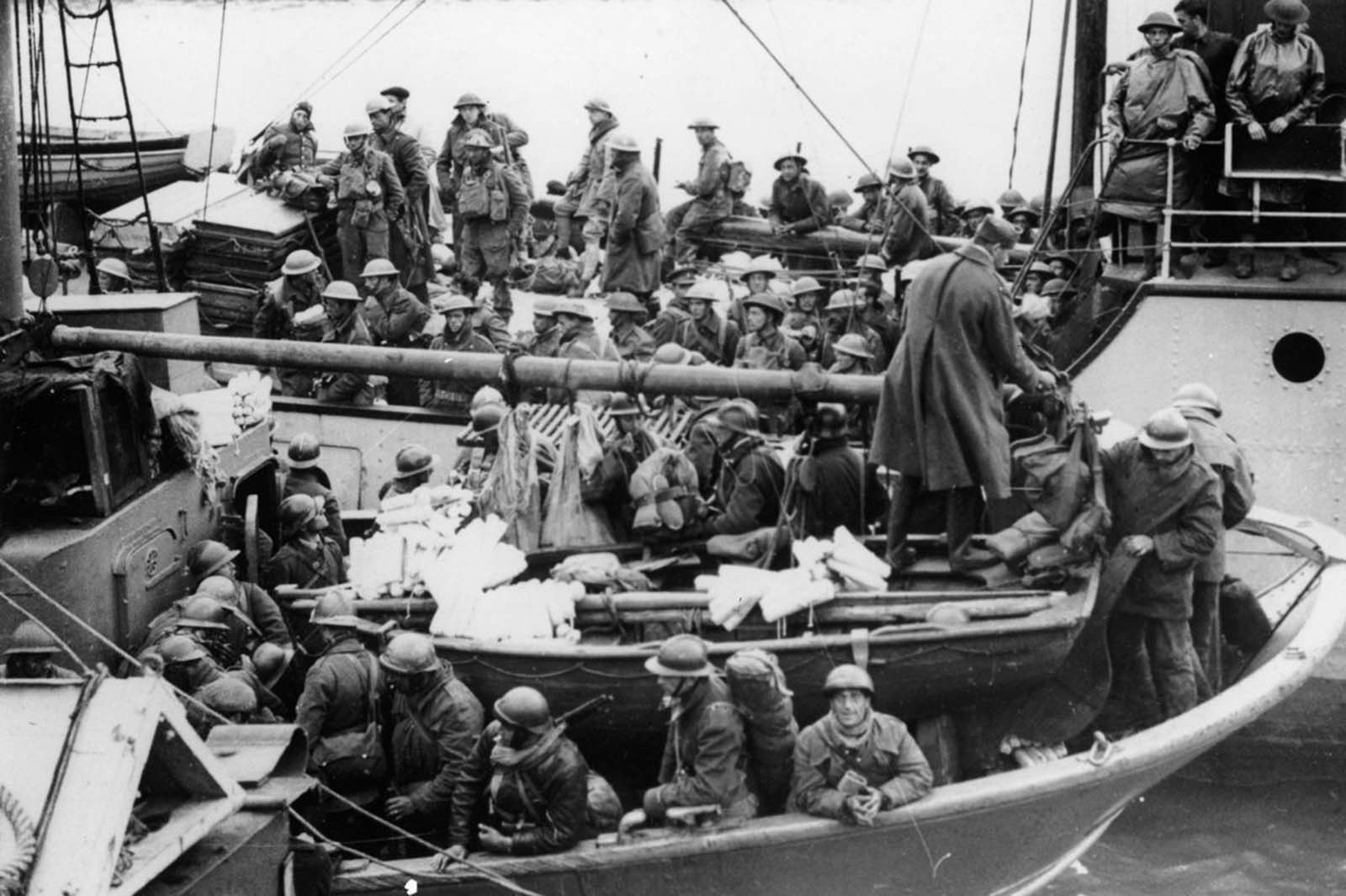
Operation Dynamo witnessed the rescue of a significant portion of the British army before the war who would eventually go on to fight in several other major campaigns. It is with certainty that without them, the British war effort would have been greatly impeded.
